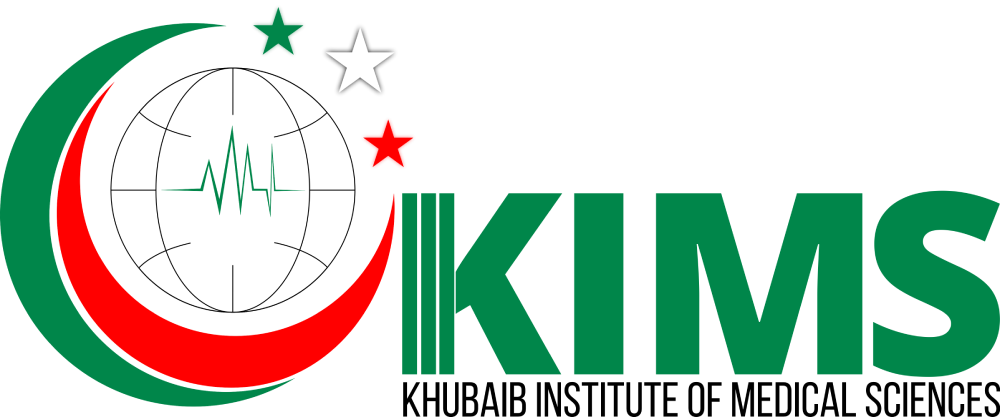Introduction
The post-RN program is a comprehensive educational pathway designed for registered nurses who wish to expand their skills, knowledge, and career opportunities in the healthcare industry. This program builds upon the foundation of previous nursing education and experience, providing advanced training in specialized areas of nursing practice. Through theoretical and clinical instruction, post-RN students will develop the expertise and confidence to excel in their chosen specialty, make informed decisions, and deliver high-quality patient care in a rapidly changing healthcare landscape.
What is a Post Registered Nurse (Post RN)?
A post-registered nurse (Post RN) is a nurse who has completed additional training and education beyond the requirements for RN licensure. This advanced role allows nurses to specialize in a particular area of healthcare, such as pediatrics, geriatrics, or critical care. By gaining specialized knowledge and skills, post-RNs play a vital role in providing high-quality care to patients with complex medical needs.
Why consider becoming post-RN?
There are several compelling reasons to pursue a career as a post-RN. By specializing in a specific area of healthcare, you can deepen your knowledge and expertise, making you a valuable asset to your team. Additionally, post RNs often enjoy higher salaries and greater job satisfaction than generalist RNs. If you are passionate about a particular area of nursing and want to significantly impact patient care, becoming a post-RN could be the right choice for you.
Steps to becoming a Post RN
- Research the specialty: Explore different nursing specialties to determine which one aligns with your interests and career goals.
- Complete additional education: Pursue advanced degrees or certifications in your chosen specialty to gain the specialized knowledge and skills required for the post-RN role.
- Gain clinical experience: Work in a healthcare setting that allows you to apply your specialized training and develop hands-on experience in your chosen specialty.
- Obtain certification: Obtain certification in your specialty area to demonstrate your expertise and competency as a post-RN.
Skills required for post-RN role
To excel as a post-registered nurse, you will need a unique set of skills. These may include:
Critical thinking: Ability to analyze complex medical situations and make informed decisions.
Communication: Effective communication with patients, families, and healthcare teams.
Problem-solving: Ability to identify issues and develop solutions to improve patient care.
Attention to detail: Thorough and accurate documentation of patient information and treatment plans.
Empathy: Compassionate care and support for patients during challenging times.
Challenges and opportunities in Post RN career
While the post-RN role offers many rewards, it also comes with its challenges. Balancing the demands of specialized patient care with administrative responsibilities can be demanding. However, the opportunities for professional growth, job satisfaction, and making a meaningful difference in patients’ lives make the challenges worthwhile. By staying current on the latest developments in healthcare and continuing to enhance your skills, you can overcome obstacles and thrive in your post-RN career.
Scope of Post-RN in the US for Pakistani Students
Pakistani nursing students can expand their skills and career opportunities in the US healthcare industry through the Post-Registered Nurse (Post-RN) program. To be eligible, they must complete a nursing program from a recognized institution in Pakistan, hold a valid registration/license, and pass the NCLEX exam for RN licensure in the US. They must also obtain a temporary or permanent visa and undergo CGFNS pre-screening. Post-RN nurses in the US can specialize in areas like ambulatory care, telehealth, and care coordination, and obtain certifications from bodies like the American Nurses Credentialing Centre (ANCC) and the American Academy of Nurse Practitioners (AANP). The average salary for post-RN nurses in the US is around $89,952 per year, depending on responsibilities and state of practice.
Jobs and Demand for Scope of Post-RN
The demand for post-RN is skyrocketing globally, with the US alone projecting a 12% increase in employment opportunities from 2022 to 2032, translating to 430,700 new jobs. In contrast, Canada expects a 15% growth in RN employment from 2022 to 2032, while the UK anticipates a 12% increase from 2022 to 2027. Meanwhile, Pakistan faces a significant shortage of nurses, with a deficit of 144,000 nurses in 2022, expected to rise to 516,000 by 2030. Globally, the post-RN workforce is expected to grow from 12.8 million in 2022 to 15.9 million by 2030, at a Compound Annual Growth Rate (CAGR) of 4.3%. As a result, post-RN professionals can capitalize on lucrative job opportunities in various healthcare settings, including hospitals, clinics, and community health organizations, with median salaries ranging from $76,840 in Canada to £34,900 in the UK and PKR 1,422,000 in Pakistan.
Top-Paying Specializations for Post-RN
Post-RN can command high salaries in various specializations, with the top-paying roles including Certified Registered Nurse Anaesthetists (CRNAs) earning $183,690 in the US, $146,000 in Canada, and £83,000 in the UK. Other high-paying specializations include Neonatal Intensive Care Unit (NICU) nurses, earning $134,660 in the US, $114,000 in Canada, and PKR 2,500,000 in Pakistan. Additionally, Critical Care Registered Nurses (CCRN) can earn $129,250 in the US, $109,000 in Canada, and £62,000 in the UK (NHS). Meanwhile, Nurse Practitioners (NPs) can earn $126,260 in the US (BLS), $104,000 in Canada (Indeed), and PKR 2,200,000 in Pakistan. These figures demonstrate the significant earning potential for post-RN professionals in various specializations, making them in-demand and highly sought after in the healthcare industry globally.
Entry Requirements
Eligibility Criteria for Post-RN (02 Years)
The two-year full-time Post-RN BScN program offers an opportunity for diploma-holder nurses to earn a bachelor’s (BScN) degree. It will enable them to get leadership positions in healthcare organizations and institutions where they are or intend to work in the future.
To be eligible to apply, candidates should have met the following requirements and criteria:
- Have obtained the Secondary School Certificate (SSC) (any group) or equivalent
- Have obtained the three-year RN Diploma
- Hold current/valid registration/license in their country of residence
- Have achieved at least a second division in the Provincial Nursing Board examination. Overseas applicants must submit evidence of successfully passing their national nursing registration/licensure examination
- Completed RM Diploma (any post-basic specialty for males instead of midwifery)
- All Registered Nurses holding an RN/RM must submit a No Objection Certificate (NOC) from the Institution where the RN/RM has been completed. The NOC must certify that the institution and/or affiliated hospital has no objection if the candidate pursues higher education at the Aga Khan University for the academic session 2023.
In line with Higher Education Commission (HEC) requirements, candidates should have completed the mandatory courses of English, Pakistan Studies, and Islamic Studies/Ethics and Religion at the BA/BSc level.
Why Choose Khubaib
Start a rewarding career as a Post-RN with Khubaib Institute of Medical Sciences and Nursing top-ranked program. Our leading-edge facilities and innovative training methods provide students with comprehensive, hands-on experience and real-world clinical practice in midwifery care and maternal health. Our respected faculty, and leaders in their fields, impart essential skills and knowledge to deliver personalized care to expectant mothers, ensuring positive birthing experiences and enhanced maternal and newborn outcomes. With a strong focus on practical experience, continuous support, and compassionate care, Khubaib Institute prepares graduates to make a significant impact in their communities and advance their careers in high-paying specializations like Certified Registered Nurse Anesthetists (CRNAs), Neonatal Intensive Care Unit (NICU) nurses, Critical Care Registered Nurses (CCRN), and Nurse Practitioners (NPs).









